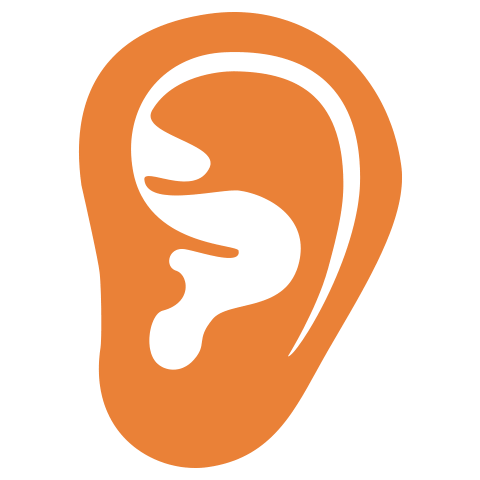Sinusitis
Sinus Infection (Sinusitis): Symptoms, Relief, and When to See a Doctor
A sinus infection, medically known as sinusitis, is an inflammation or swelling of the tissue lining the sinuses. Normally, your sinuses—hollow spaces in your skull behind your eyes, nose, and cheeks—are filled with air. When they become blocked and filled with fluid, germs can grow, leading to an infection.
Sinusitis is often confused with the common cold, but it typically lasts longer and can cause more severe symptoms. At Moolchand, we believe in providing affordable excellence to help you understand and manage your health.
Common Sinus Infection Symptoms
The symptoms of a sinus infection can vary depending on its severity and whether it is acute or chronic. The most common signs include:
Facial Pain and Pressure: A hallmark symptom is pain, tenderness, and pressure around your eyes, cheeks, nose, and forehead. This pain often worsens when you bend over.
Nasal Congestion and Discharge: You may experience a stuffy or blocked nose, making it difficult to breathe. The nasal discharge is often thick and yellow or greenish.
Sinus Headache: The pressure and inflammation in your sinuses can cause a dull, throbbing headache, particularly in the forehead and face.
Postnasal Drip: You may feel mucus dripping down the back of your throat, which can cause a persistent cough or a sore throat.
Reduced Sense of Smell and Taste: A blocked nose can diminish your ability to smell and taste.
Other Symptoms: A sinus infection can also lead to a fever, fatigue, bad breath, and toothache.
Home Remedies for Sinus Relief
For mild to moderate symptoms, many people find relief using home remedies:
Nasal Irrigation: Using a saline solution or a neti pot can help flush out mucus and irritants from the nasal passages, reducing congestion.
Steam Inhalation: Inhaling steam from a hot shower or a bowl of hot water can help loosen mucus and soothe inflamed sinuses.
Hydration: Drinking plenty of fluids, such as water and herbal teas, helps thin the mucus, making it easier to drain.
Warm Compresses: Applying a warm, moist cloth to your face can help ease the pain and pressure around your eyes and nose.
Over-the-Counter Medications: Decongestants, nasal sprays, and pain relievers like ibuprofen can help manage symptoms, but they should only be used as directed.
When to See a Doctor
While many sinus infections resolve on their own, it's important to know when to seek professional medical advice. For compassionate care and expert guidance, you should consider a consultation with a specialist at Moolchand Hospital. Our superb physicians are equipped to provide a proper diagnosis and treatment, particularly if:
Your symptoms last longer than 10 days without improving.
Symptoms get worse after initially seeming to get better.
You have a high fever, which can indicate a more serious infection.
Your symptoms include a stiff neck, changes in vision, or swelling around your eyes. These could be signs of a rare but serious complication.
You experience frequent or recurring sinus infections, which might suggest chronic sinusitis or another underlying issue.
Our ENT specialists utilize cutting-edge technology to accurately diagnose and treat conditions of the ear, nose, and throat. At Moolchand, we operate with integrity, ensuring you receive transparent and ethical advice for your health, because we believe in doing what’s right for you.
By Dr. Bimlesh Thakur, Consultant – Surgical Oncology, Moolchand Hospital Introduction When patients hear the word cancer, the role of a sur





 Senior Consultant, ENT
Senior Consultant, ENT




